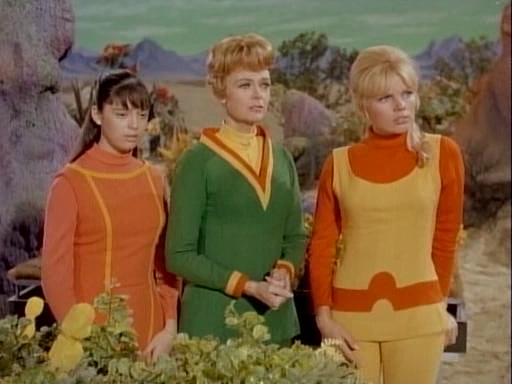"Hi, Bob. Thanks for coming. We're here for another day of speech therapy for your stroke. But you notice, the therapy room is (looks around) set up differently than what you've seen. We have here (points)....a hydroponic - yes, say it with me (says the word chorally), hy-dro-po-nic, good! - planter. You know what the word means, don't you?"
"YES, The plants grow in water! I was a fan of the show "Lost in Space", back in the 60's, and the Robinsons were growing hydroponic vegetables outside their stranded spaceship. Well...today, we're going to start growing vegetables in here! Ah, I see that puzzled look on your face. Don't worry. During the whole time we plant vegetable seed today, we'll be practicing the speech skills you've been working on - that sound OK?"
There is a lot going on, with the introduction given by the speech-language pathologist to the session. Supported conversation strategies, like gesturing, pantomime, concrete visual stimuli and facial expressions, are continually used throughout the initial minutes of the session. They become equally important as your patient begins to help start the hydroponic seeds.
"OK, Bob; let's start. You see that we have the planter (points to black manuscript text written on white unlined index card), seed cartridges (label), lights (label), distilled water (label), and the electric cord (label). Now, let's say each of the words: I will say the word, then I want you to say it, OK? Ready? PLANTER....try again, PLANTER, that's right; SEEDS, right! LIGHTS, again, LIGHTS, good!....WATER, yes; PLUG, that's right. Now, we know the parts of our gardening system. Let me show you how we start the seeds, to grow what we like to grow".
Starting a hydroponic garden seems an ideal activity for training language and cognition. For example, vocabulary that may be unfamiliar to many persons (e.g. legume, nitrogen, loam), as well as familiar words can be trained. Following directions can be easily achieved through demonstration, then by the patient following your model to demonstrate its understanding. Objectives written to improve skills for attention, memory, problem solving, executive function, visual perception, speech perception, language comprehension and expression, motor speech, fluency, voice, and even swallowing (after all, you are growing food) can be addressed in hydroponic gardening fun. And, in the case of a university or community clinic, activities can occur all year round!
"Bob, that looks great! We have gotten all the seed cartridges in place, so that in about a week all the young plants should be sprouted. We will be caring for the plants during your program, and use the plants to help you meet your goals. I hope you enjoy this approach, and have some fun in the process! We'll see you next time!".





No comments:
Post a Comment